Why does my scalp itch a day after washing?
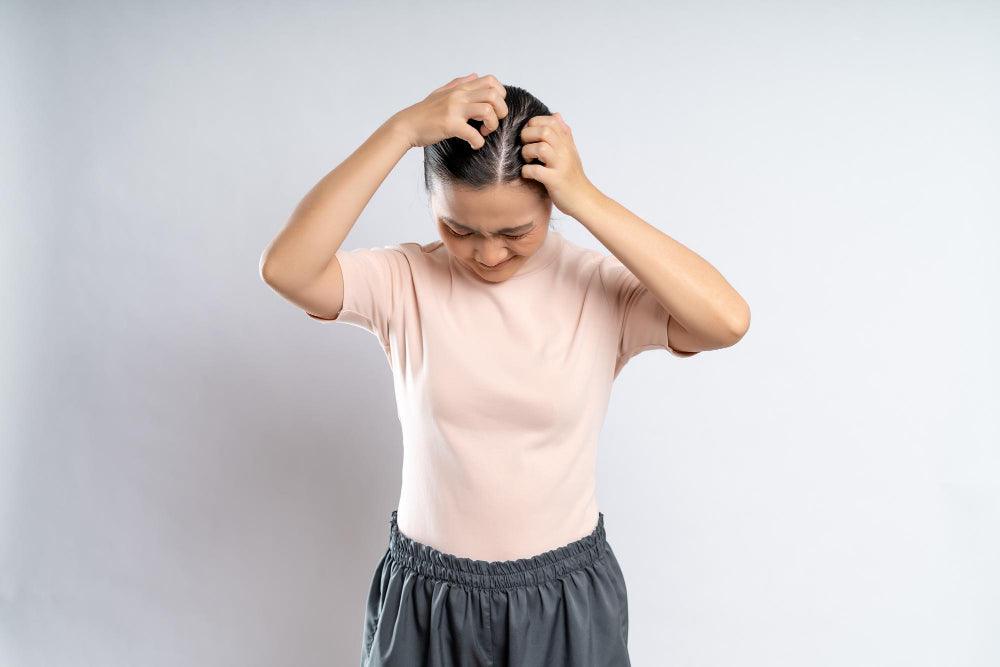

Itchy scalp is frequent and can be caused by several factors. It could be as simple as not thoroughly rinsing the shampoo out of your hair, or it could be something more serious that necessitates medical attention.
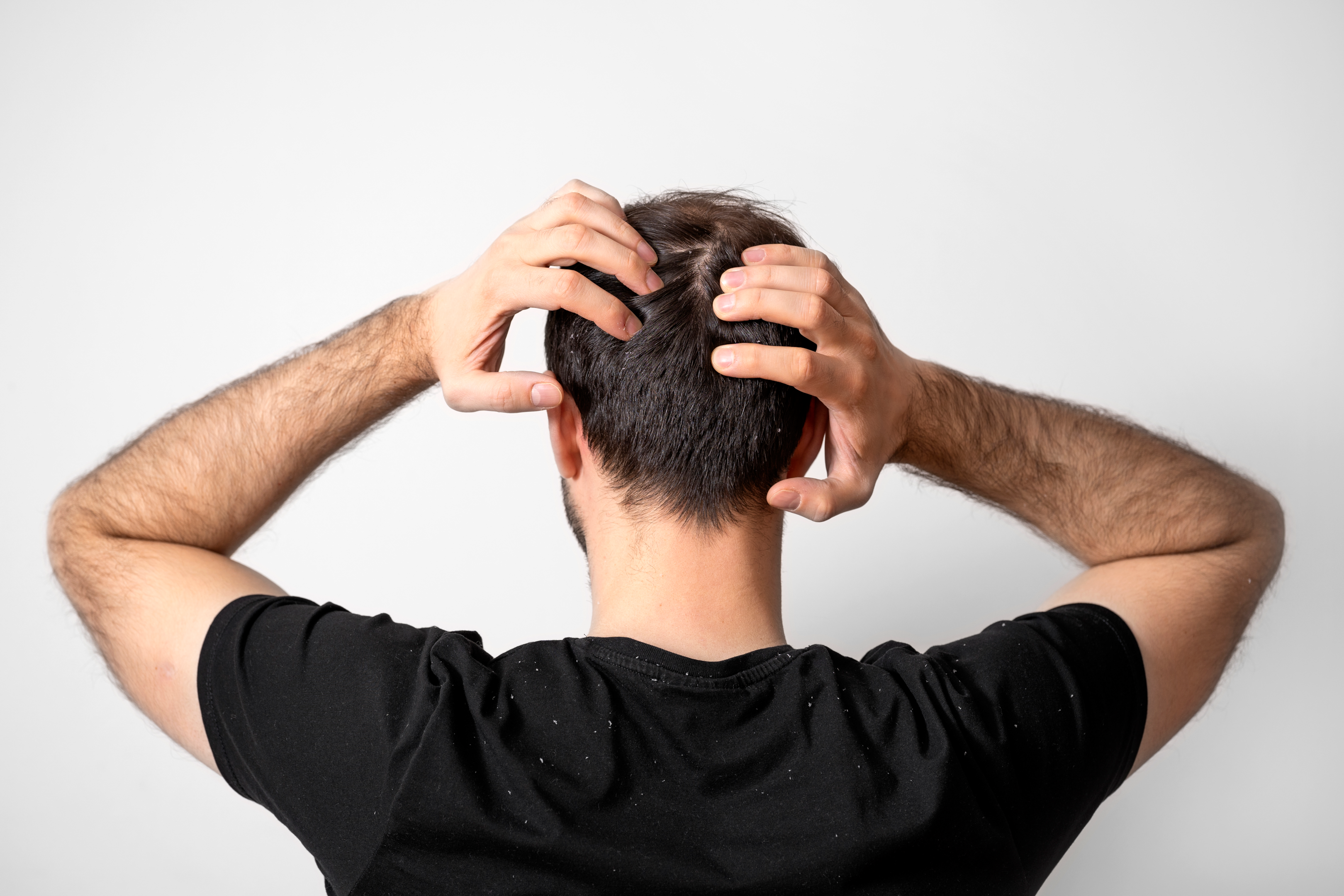
Bacteria or scalp buildup are the most common causes of scalp itchiness. However, your scalp could be irritated for a variety of reasons. Some of the most frequent skin diseases associated with scalp itch a day after washing include:
1. The buildup of dead skin cells
2. Dryness or irritation
3. Fungal infections, such as scalp ringworm
4. Dry scalp or weather changes, like the dry air in winter months
5. Contact dermatitis (allergic reactions to ingredients in hair dye or products)
6. Excessive natural oils
7. Scalp psoriasis
8. Flaky scalp or dandruff
9. Head lice
10. Nerve problems
11. Symptoms of autoimmune disease
12. Seborrheic dermatitis
If your scalp becomes itchy immediately after shampooing, the cause could be your shampooing/conditioning habits or the ingredients.
A dermatologist, Anna Chacon, explained how an itchy scalp can be related to shampooing practices. She also mentioned that those who have itchy scalps may not be fully washing off all of their hair products, such as shampoo, conditioner, oils, or waxes. "This can cause an itchy scalp due to the changes in pH that these products cause the scalp and hair shafts and follicles, leaving them prone to dryness [and] flakiness," Chacon explained.
It's also possible that a lack of conditioner is to blame for your itchy scalp. But because a pH balance is not restored, an inadequate amount of leave-in conditioner or oils applied after the wash can also result in an itchy scalp.
Although how you shampoo and condition your hair has a significant impact on scalp comfort, what you put on your hair is also crucial. If you've confirmed that you're completely rinsing your hair and scalp and using a suitable amount of conditioner, the next step is to evaluate whether the components in your hair care products are irritating your scalp.
Make a weekend of only using your regular shampoo and conditioner. Do not use any styling products on your hair. If this resolves the issue, the ingredients in your styling mousse or gel may be causing your scalp to itch.
Choose products that do not contain the following common irritants for the best results:
1. Phthalates and synthetic fragrances
2. Sulfates
3. Silicones
4. Parabens
5. Formaldehyde
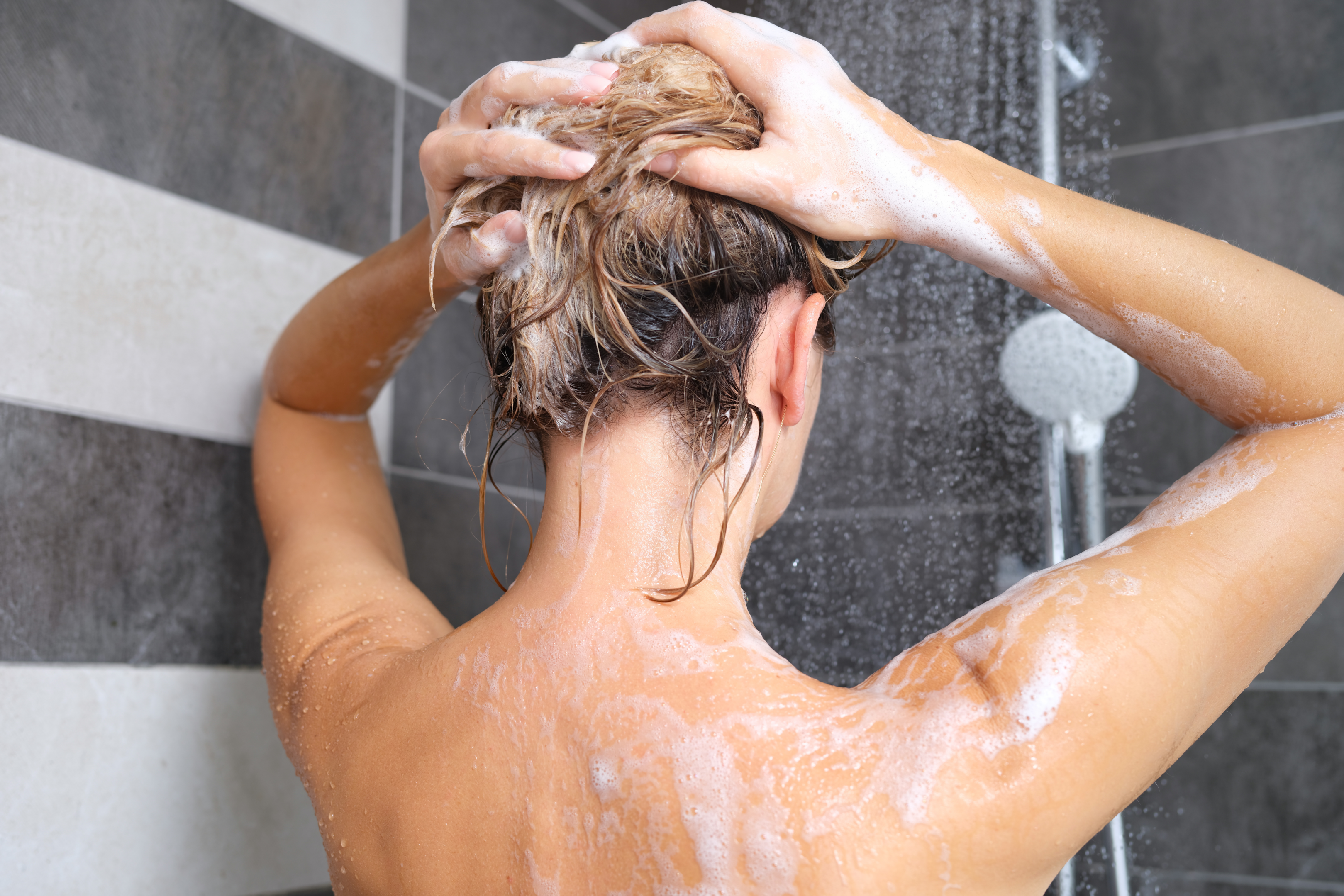
It might be difficult to know whether you are washing your hair too much or too little. Overshampooing your hair can cause your scalp to become dry and irritated. Using the shampoo too infrequently can cause scalp buildup, which can make your scalp itchy.
While most of us shampoo and condition our hair as part of our shower regimen, you should only do it when it becomes filthy. Because oily sebum can flow more easily down the hair shaft, finer, thinner hair may require more frequent shampooing.
Similarly, because scalp oils do not travel down the hair, hair that is very curly or dense may require less frequent shampooing.
Consider using a "smart" shampoo and conditioner that instantly adapt to the hair on contact, providing the ideal amounts of volume, moisture, and protection, to address the needs of your unique hair texture and type.
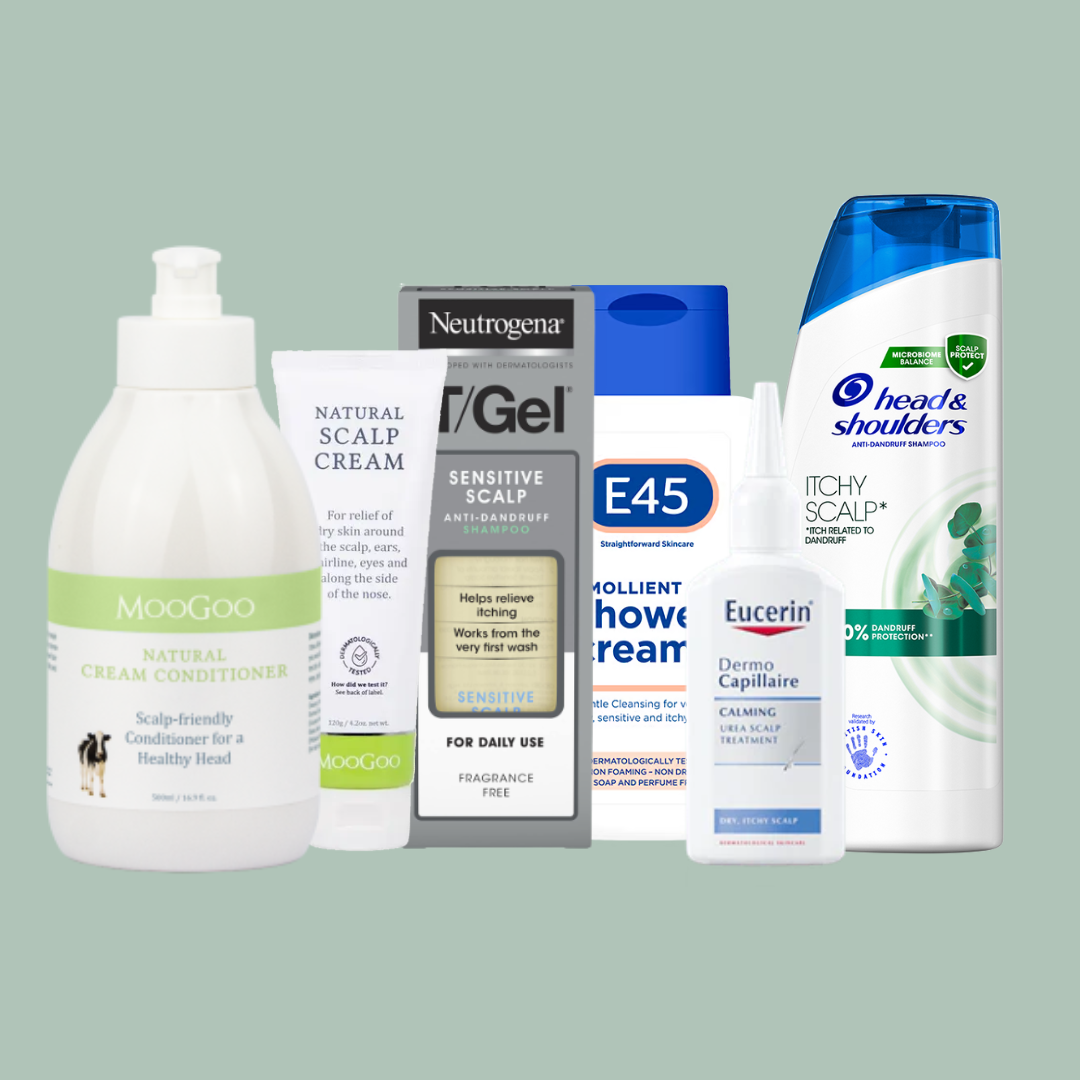
Buy Itchy scalp products online here.
Here are some additional steps you can take in addition to mindful shampooing and conditioning to help balance your scalp.
Use a detoxifying serum for the best results because it can gently clarify the scalp and deliver beneficial nutrients to establish a healthy scalp biome that is comfortable and itch-free.
Additionally, use a dry shampoo free of animal products to gently absorb sweat, oil, and odours from the scalp and hair in between shampoos. Sometimes using scalp-balancing dry shampoo instead of a shampoo treatment can help a dry scalp condition.
Picking or scratching at an itchy scalp might make matters worse. As a result, the skin may get abraded, leaving unprotected areas where bacteria might grow. Additionally, picking at the scalp may result in scabbing, scarring, and even a little hair loss.
You might be able to get relief from the itching on your scalp with several essential oils. Two to three drops of your chosen essential oils should be diluted in a carrier oil, such as coconut oil, marula oil, or olive oil. You might want to use one of the following essential oils to make a homemade scalp oil treatment:
Tea tree oil
Essential oil of rosemary
Essential oil of lemongrass
If your itchy scalp continues, see a dermatologist or specialist to rule out illnesses like head lice or scalp psoriasis. If your problem is an allergic reaction to a hair product you use, he or she can also determine that.
A doctor may advise you to use a medicated shampoo that has an anti-inflammatory active ingredient to treat your itchy scalp. If there are reddish patches, raised, inflamed, itchy patches, or pustules, oral antibiotics may also be recommended.
An itchy scalp issue that appears shortly after shampooing your hair is probably not a significant problem, but it may be inconvenient. Try a couple of the suggestions in this article, and if you still experience pain, consult a doctor for a more thorough evaluation.
Analyzing your scalp's needs as well as your hair care routine is the first step in providing excellent scalp care. By assisting in the creation of ideal scalp conditions, which in turn can promote thicker, fuller, healthier hair, using gentle, clinically validated, plant-based scalp wellness products may be able to address many of your issues.
Related Services
Related articles
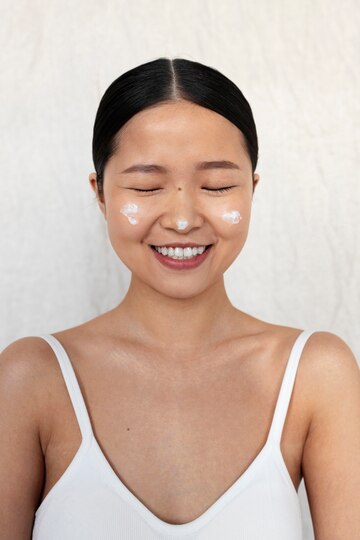
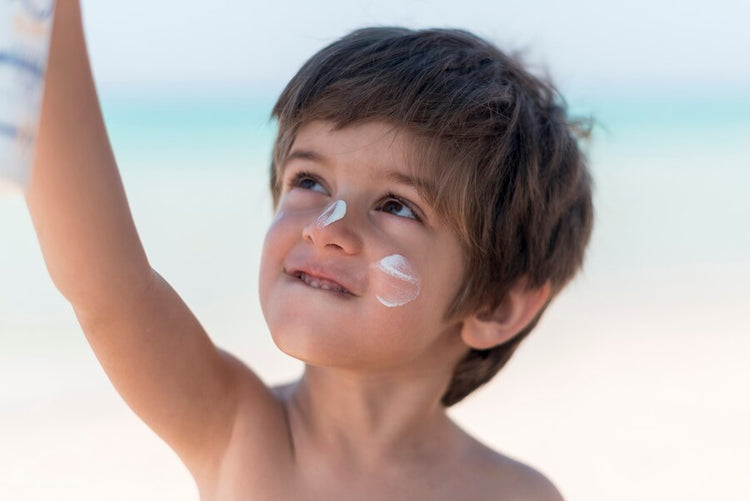






Plus get the inside scoop on our latest content and updates in our monthly newsletter.